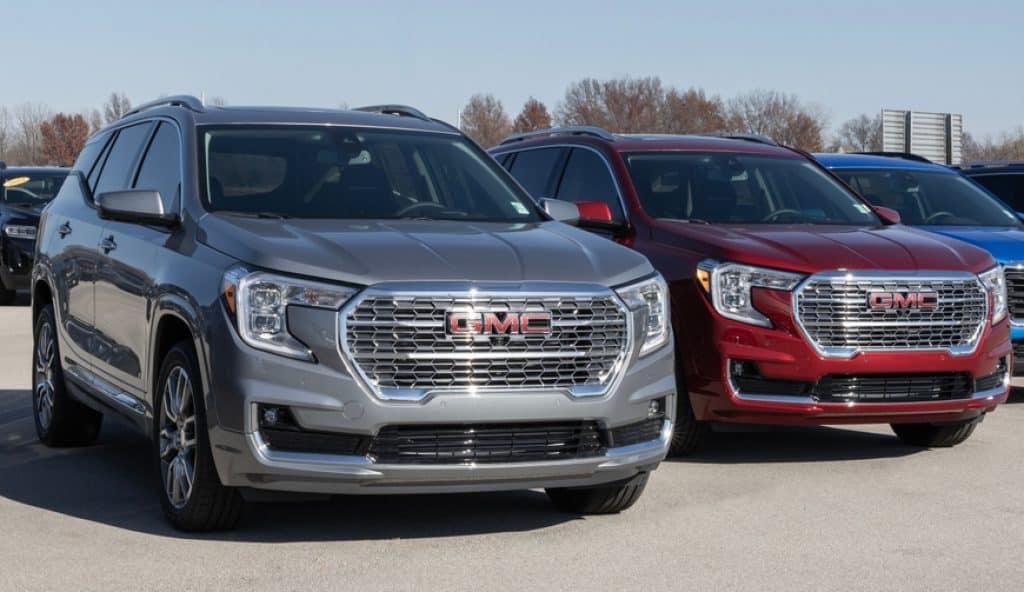Whether insurance pays for a rental car during repairs depends on your policy’s coverage and the circumstances of the damage:

- If you have rental reimbursement coverage: Many insurance policies offer rental reimbursement coverage as an optional add-on. If you’ve chosen this coverage, your insurance will pay for a rental car up to a specified daily limit and total limit while your car is being repaired for a covered claim.
- If another party is at fault: If the repairs are needed due to an accident caused by another driver, their liability insurance might cover the cost of a rental car as part of the claim. This depends on the at-fault party’s insurance policy and coverage limits.
- If the repairs are not related to a covered claim: If your vehicle needs repairs that aren’t related to an accident or covered claim (e.g., maintenance or non-collision related issues), you will likely have to pay for any rental car expenses out of pocket, unless you have specific coverage or warranty that includes rental vehicles.
It’s important to check your insurance policy or speak with your insurance agent to understand your coverage, limits, and any deductibles that might apply to rental reimbursement.
Rental Car Coverage Types and Provisions
When your car is in the shop for repairs, you may need a rental car to keep your life moving.
It’s essential to know whether your insurance will cover this cost.
Insurance Policy Provisions

Your insurance policy might include rental car coverage, but this depends on the specific terms and provisions of your contract.
To confirm if you’re covered, you need to:
- Check your policy declaration page: This document outlines the coverage you have purchased.
- Contact your insurance agent: They can explain whether rental car expenses are included in your policy.
- Review the coverage limits: Coverage for a rental car may have daily and per-accident limits.
Types of Rental Car Coverage
Insurance companies generally offer two types of rental car coverage:
- Loss of Use Coverage: This pays for the rental car while your vehicle is being repaired but is not drivable.
- Rental Reimbursement Coverage: This provides a specific dollar amount per day towards a rental car.
Both types of coverage typically come with:
- A per-day and per-claim limit, which you should be aware of to avoid out-of-pocket expenses.
- Duration limits, which specify how long the coverage will last while your car is unavailable.
Determining Insurance Eligibility
When your car is in for repairs, you may wonder if your insurance covers a rental car. Here’s how you can determine if you’re eligible.
Qualifying Repair Reasons
Covered Perils: Your insurance will typically pay for a rental car if the repairs are due to a covered event, such as an accident or theft.
- Check your policy’s list of covered perils.
- Confirm that your current situation aligns with one of these perils.
Filing a Claim for Rental Car

Initiating a Claim: To get rental car coverage, you must first file a claim for the repairs.
- Report the incident to your insurance company.
- Indicate the need for a rental car due to repairs.
Required Documentation
Evidence and Paperwork: Submitting the right documentation is crucial for rental coverage.
- Obtain repair estimates and police reports, if applicable.
- Provide these documents to your insurance as proof of repair necessity.
Process of Insurance Payment
When your car is in the shop for repairs after an accident, understanding how your insurance policy works with rental car coverage is crucial.
The process typically involves either direct billing to your insurance company or a reimbursement method, each with its own timeline.
Direct Billing to Insurance
- Contact your insurer: Immediately after an accident, reach out to your insurance provider to notify them of the incident.
- Rental coverage check: Verify whether your policy includes rental car coverage and the daily limit.
- Preferred rental companies: Ask if there are any preferred car rental companies that can bill your insurer directly.
- Rental agreement: Ensure that the rental company sends the bill for the rental car directly to your insurance company.
Reimbursement Procedures
- Know your policy: Understand the terms of your rental coverage and save all receipts related to your rental car.
- Submit claims promptly: Fill out any required claim forms your insurer provides and attach the necessary documentation.
- Keep records: Maintain a copy of the submitted paperwork for your records.
- Wait for compensation: Your insurance company will review your claim and issue a reimbursement if applicable.
Timeframe for Insurance Payout
- Completion of repairs: The length of time you need a rental depends on how long your car is in the shop.
- Communication with insurer: Regular communication with your insurance agent can provide updates on the payout schedule.
- Payment processing: Insurance payouts for rentals can take a few days to several weeks after the submission of claims.
Factors Influencing Insurance Payment
When your car is in the shop for repairs after an accident, whether your insurance covers a rental car depends on several key factors.
Policy Limits and Deductibles
- Policy Limits: Your insurance will cover rental car costs up to a specified limit within your policy. Check your policy to see the maximum amount, typically stated as a daily rate and a total limit. For example:
- Daily limit: $30 per day
- Total limit: $900 per accident
- Deductibles: You may need to pay a deductible before the insurance starts covering rental costs. This deductible is the amount you agreed upon when you purchased your policy.
Choice of Rental Car Company
- Some insurers have preferred rental companies. If you choose one that is out-of-network:
- Claim process: may be more complicated.
- Reimbursement: might be partial or delayed.
Daily Coverage Rates
- Coverage rates vary depending on your policy. If the rental rate exceeds your daily coverage limit, you are responsible for the difference. For example:
- Your policy covers: $30 per day
- Your rental costs: $45 per day
- Your out-of-pocket cost: $15 per day
FAQs for Rental Car Coverage
Will my insurance cover a rental car while my car is in the shop?
Typically, if you have rental reimbursement coverage as part of your insurance policy, your insurer will pay for a rental car up to a policy limit.
Does my insurance policy automatically include rental car coverage?
No, rental car reimbursement is not automatically included in all auto insurance policies. You usually need to opt in and pay an additional premium for this coverage.
How do I know if my policy includes rental reimbursement?
Review your insurance documentation or contact your insurance representative to confirm if rental coverage is included.
What is the typical daily limit and maximum limit for rental coverage? (This is an example)
| Coverage Type | Daily Limit | Maximum Limit |
|---|---|---|
| Economy Car | $30 | $900 |
| SUV | $50 | $1500 |
Note: Limits vary by policy; check your specifics.
Do I get to choose the rental car?
Your choice may be limited by the terms of your coverage. Insurers often have agreements with specific rental car companies.
Is the cost of fuel included in my rental car coverage?
No, you’re generally responsible for the fuel costs during the rental period.
How long will my insurance pay for the rental car?
Your insurer will typically cover the rental until your vehicle is repaired or a claim is settled, subject to the limits of your policy.
Exclusions and Limitations
When your insurance company covers a rental car during your vehicle’s repairs, it’s essential to understand the policy’s specific exclusions and limitations. These can affect the extent of coverage you receive.
Common Coverage Exclusions
- Intentional Damage: If you purposely damage the rental car, your insurance will not cover the costs.
- Business Use: If you use the rental car for business purposes and you only have a personal insurance policy, you might not be covered.
- Out of Country Use: Taking the rental car outside the country may void your coverage.
- Unauthorized Drivers: Only drivers listed on your insurance policy are covered to use the rental car.
- Luxury or Exotic Rentals: Most policies exclude coverage for luxury or exotic vehicle rentals.
Limitation of Rental Periods
- Time Limits: Your coverage for a rental car may be limited to a specific number of days.
Example: Coverage may be for 30 days maximum. - Daily Allowance: Your insurance policy may limit the amount it pays per day toward the rental car. Example: Up to $30 per day.
